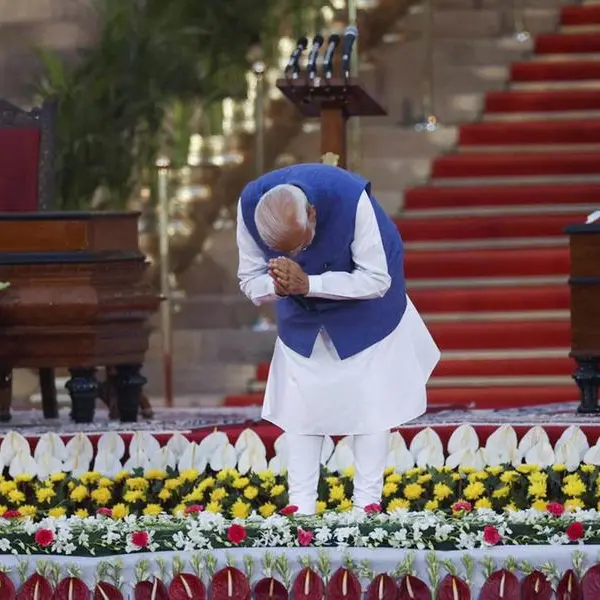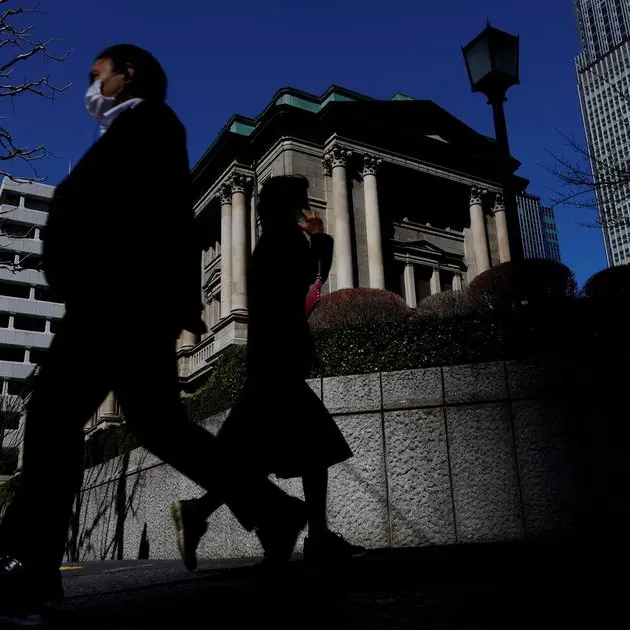PHOTO
The post-pandemic spotlight on human talent trends such as the Great Resignation and Quiet Quitting has not only led employees to become increasingly aware of what they seek in an employer, but also actively look out for a workplace where they can truly engage and find real meaning in their work rather than simply be lured by an attractive compensation package.
In a hyper-competitive corporate era, this might sound like a conundrum.
But alongside dramatic transformation in the ways of working and digital enablement, employee expectations have also transformed in the past few years to focus on a sense of purpose that acts as the perfect antidote to the post-Covid culture of uncertainty pervading the workforce. Employees today want to enjoy a good work-life balance, build skills and develop their career, feel safe at work, appreciate a diverse office and in general feel fulfilled in their career. They no longer feel driven to be simply present at their workplace without knowing why and how it matters, or feel disconnected from the rest of the team – or worse, their manager.
That’s where the power of empathy can make all the difference in the workplace and provide a practical pathway to fostering a thriving environment for talent. As exemplified in the 2023 State of Workplace Empathy Report by Business Solver, empathy is now critical to organisational success and considered as essential as compensation and career progression by most employees. This year’s survey found that 83 per cent of employees would consider leaving their job for a more empathetic organisation.
Now more than ever, empathy is critical to the leadership of any organisation – helping build positive workplace relationships, create genuine collaboration, facilitate a more conducive environment for conflict management, and amplify diversity, equity and inclusion.
But how can companies build a culture of empathy across their organisational structure?
At Veolia, empathy became an integral pillar of the workplace long before it was a trending buzzword, helping us not only with a running start but also to evolve and transform along the way.
From decarbonising and decontaminating to saving and regenerating, our human talents work in the real world to protect and renew resources, feeling proud to leave a positive impact on the environment. In 2022, more than 75,000 employees became shareholders in the Group to help speed up the pace of ecological transformation. Today, our employees are our largest single shareholder, with 6.5 per cent of our share capital.
Such a mindset can only spring from empathy, and seeks to validate what Jamil Zaki, Professor of Psychology at Stanford University and the Director of the Stanford Social Neuroscience Laboratory, demonstrates in “The War for Kindness”. In the groundbreaking book, Dr. Zaki shares cutting-edge research to show that empathy is not a fixed trait — something we are born with – but rather a skill that can be strengthened through effort.
Companies can build on this to bridge the empathy deficit – thereby transforming people as well as organisational cultures, because the benefits of empathic workplaces are immense: they tend to enjoy less stress and greater morale, and their employees bounce back more quickly from difficult moments.
In essence, employees today are tired of being treated as mere statistics who contribute to a company’s bottom line – they want to stand out as individuals with a sense of belonging and purpose. As human resources leaders, we must therefore take the lead to genuinely embrace and instil a deep-rooted culture of empathy where our vast pool of talent can be truly heard and celebrated for the value they bring to the job. As we saw with the countless survey results, the time to do that is now – because our future depends on it.
The writer is HR Director of Veolia Near & Middle East
Copyright © 2022 Khaleej Times. All Rights Reserved. Provided by SyndiGate Media Inc. (Syndigate.info).





















